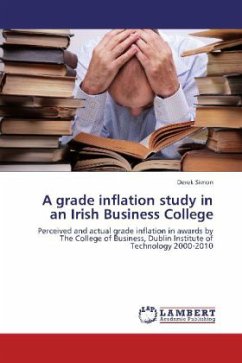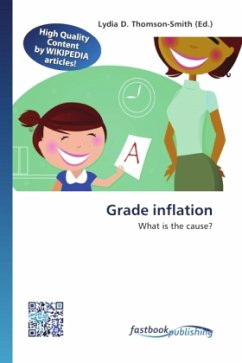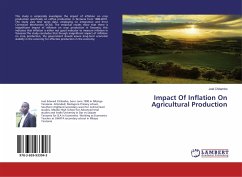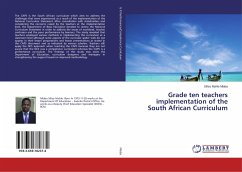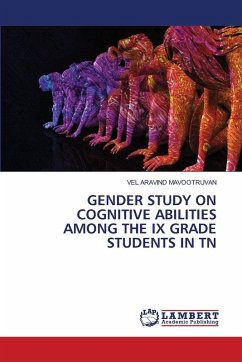Due to the difficulty in measurement of grade inflation this study was devised to measure firsts and distinctions to ascertain the quantity of grade inflation. This study takes a two pronged approach to discovering the real and perceived existence or otherwise of grade inflation in the College. In the first instance a comparative study of the grades achieved by final year students in the year 2000 and in the year 2010 was undertaken, the data used to ascertain this information was collected from the College computer database which serves two of the schools in the College. The information demonstrates that the number of firsts awarded to students grew by one hundred percent. In the second instance a perception survey was carried out in the College where all academics in the college were asked to complete the survey. The results of this survey assert that there exists a perception of the upward movement in the awarding of first class honours. They also confirm that the upward movement of grades is caused in the main by institutional pressures to increase marks rather than educational imperatives.
Bitte wählen Sie Ihr Anliegen aus.
Rechnungen
Retourenschein anfordern
Bestellstatus
Storno

